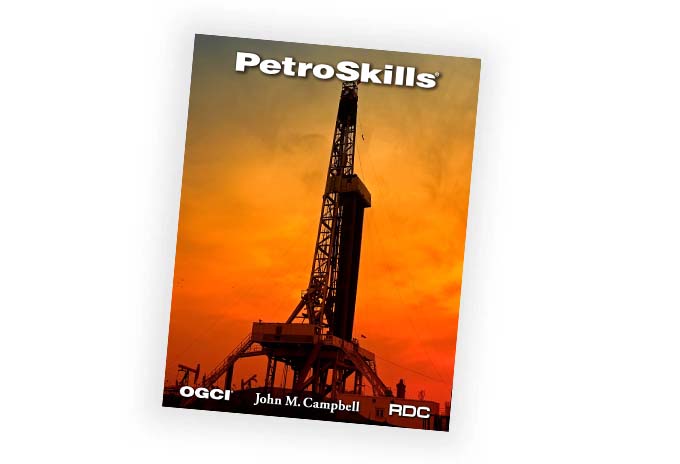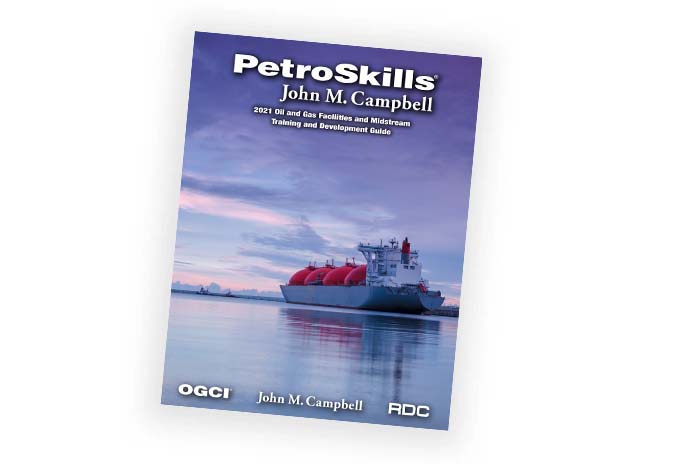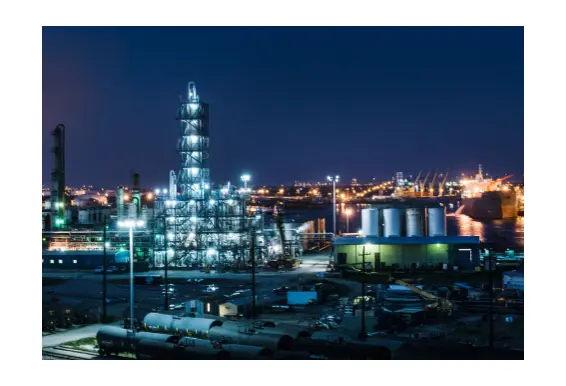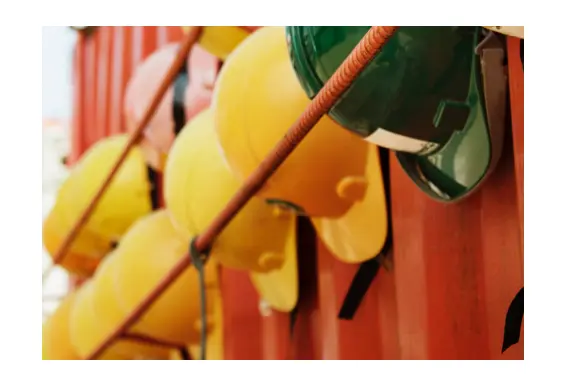Hydrate Inhibition Fundamentals for Facilities Engineers - eLearning series
About the Course
This short course is from the industry-standard Gas Conditioning and Process course (G-4), known globally as the Campbell Gas Course. The course includes
- 2.5 hours prerequisite e-Learning modules (participants may test out)
- 3 hours required e-Learning modules
- 6 hours virtual, instructor-led sessions (pre-recorded)
Click here to see the full G-4 Short Course listing
Hydrates are solid ice-like compounds composed of light hydrocarbon molecules (plus CO2 and H2S) and water.
Hydrates in natural gas systems can form at very moderate temperatures well above the freezing point of water. Hydrate formation can be a significant problem in offshore wet (water-saturated) gas pipelines, onshore wet gas gathering systems, and natural gas conditioning and processing facilities. They can completely block a gathering system pipeline, and often form in processing equipment that can require a plant shutdown to mitigate the blockage.
Hydrate formation is a complex phenomenon which is a function of the operating temperature and pressure of the system, natural gas composition, fluid velocity, and time. Understanding the system hydrate formation temperature and hydrate inhibitor injection requirements are critical to preventing hydrate formation in wet natural gas systems.
This short course describes hydrates and explores conditions favoring hydrate formation. It also describes how to estimate the hydrate formation temperature of a natural gas stream, and provides methods to estimate hydrate inhibitor injection requirements. Participants will learn the key differences between low dosage hydrate inhibitors and thermodynamic inhibitors.
The problem assignment will provide technical insight into the differences between methanol and mono-ethylene glycol used as hydrate inhibitors. The problem debrief and round table will explore the advantages and disadvantages of both inhibitors and provide additional depth on practical industry experience regarding hydrate inhibition for both pipeline and NGL extraction plants (such as J-T Valve and Refrigeration facilities) applications.
During the problem debrief and round table discussion, participants will have the opportunity to ask additional questions and share their challenges and experiences with hydrate inhibition.
Prerequisites, of which participants can test out, cover Basic Conversions, Gas and Liquid Physical Properties, Multicomponent Phase Behavior, and Water Content of Sweet and Sour Natural Gas.
"Course was dense, but videos and extended virtual lecture time allowed for information to be thoroughly explained and understood. I thought that the content breakup and scope between the two days was beneficial - focus on the information/details on day 1 and then break out into the application and problems on day 2." - Graduate Engineer, United States
Target Audience
Production and processing personnel involved with natural gas and associated liquids, to acquaint or reacquaint themselves with gas conditioning and processing unit operations.
This course is for facilities engineers, process engineers, senior operations personnel, field supervisors, and engineers who select, design, install, evaluate, or operate gas processing plants and related facilities.
These short courses are ideal for mid-career professionals that have experience in the industry and have been transferred to a new role or assignment.
They are also ideal for new engineers that need to get up to speed quickly on the primary principles of gas processing with a deep dive on the issues of the short course topics.
You Will Learn
- Conditions that result in hydrate formation
- Methods to estimate hydrate formation temperatures and their limitations
- Thermodynamic inhibitors and their pros and cons
- LDHIs
- Injection requirements for both gathering systems and for NGL extraction facilities
Course Content
- What Are Hydrates and How Are They Formed?
- Hydrate Formation Temperature
- Preventing Hydrate Formation
- Low Dosage Inhibitors (optional)
- Fundamentals of Hydrate Inhibition Lecture
- Self-Directed Problem Assignment
- Problem Debrief and Experience Round Table
Product Details
Categories:
MidstreamDisciplines:
Gas ProcessingLevels:
FoundationProduct Type:
CourseFormats Available:
On-DemandAdditional
Request a Public Session
If you are interested in a public session of this course, please click the button below to request it.
Request Public SessionIn-House Training
This course is also available upon request as a private, on-site seminar. Contact us for details and pricing.
Request In-House TrainingNeed Help
Contact us if you have additional questions about how to register for or attend this course.
Contact Us



